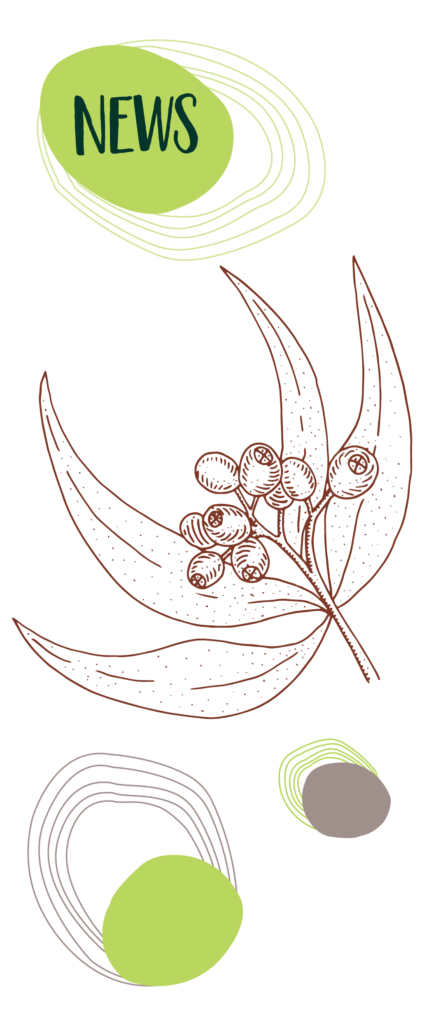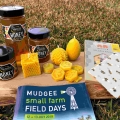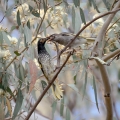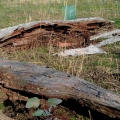Out of sight out of mind? Where will your plastic end up?
Published 15th July 2022. Written by Maddison O’Brien
Here we are smack bang in the middle of Plastic Free July. Prepare to be hit with some staggering facts about plastic waste. Did you know that 100,000 marine mammals and 1 million sea birds are killed by plastic pollution annually? An estimated 13 billion plastic bottles are trashed every year, and nearly every piece of plastic ever made still exists today. Crazy right?!
Chances are that before you read these figures, you already had some understanding that plastic does no good in the environment. It’s no secret that plastic pollution has become one of the most pressing environmental issues of our time. It’s not only sea creatures and birds that are in harm’s way; plastic also contains phthalates and bisphenol A(BPA), which negatively impact human health. Even so, humans produce over 380 million tons of plastic annually, with some reports estimating that 50% of that is for single-use purposes. Your plastic dinner fork is utilised for just a few minutes, discarded to live out the next 100-700 years or so, somewhere.
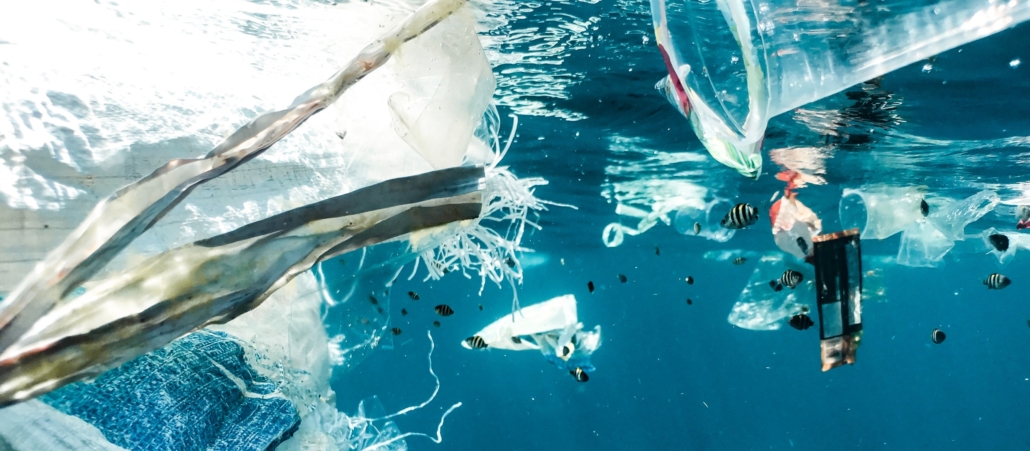
Plastics consistently make up 80% of all marine debris studied. There may now be around 5.25 trillion macro and microplastic pieces floating in the open ocean. Weighing up to 269,000 tonnes. 100,000 marine mammals and turtles and 1 million sea birds are killed by marine plastic pollution annually.
It’s easy to throw plastic in the bin and forget it, it’s out of sight and out of mind for most of us in the West, but plastic has a life long after we’re done with it. Your used plastic ends up being ingested by animals, floating in the ocean, or contaminating soils and landscapes in another place. Did you know there is a growing island floating in the North Pacific Gyre called the Great Pacific Garbage Patch? It is an island the size of India, Europe and Mexico combined, and it is made almost entirely of plastic rubbish and microplastics. Who knows, maybe your plastic waste will end up there.
We’ve seen the changes brought about by the NSW government around single-use plastics; this is a step in the right direction, but plastic bags are only the tip of the iceberg, and more needs to be done. As consumers and citizens of the Earth, it is our responsibility to minimise our use of plastics and come up with alternative solutions. Even something as simple as carrying a keep cup around for your takeaway coffee can save hundreds and hundreds of cups and plastic lids. Making a small change will collectively make a massive difference to our communities. Plastic Free July encourages you to refuse single-use plastics in July (and beyond!). So, give it a go, and be more conscious about your use of plastic. Refuse, Re-use, Recycle.

